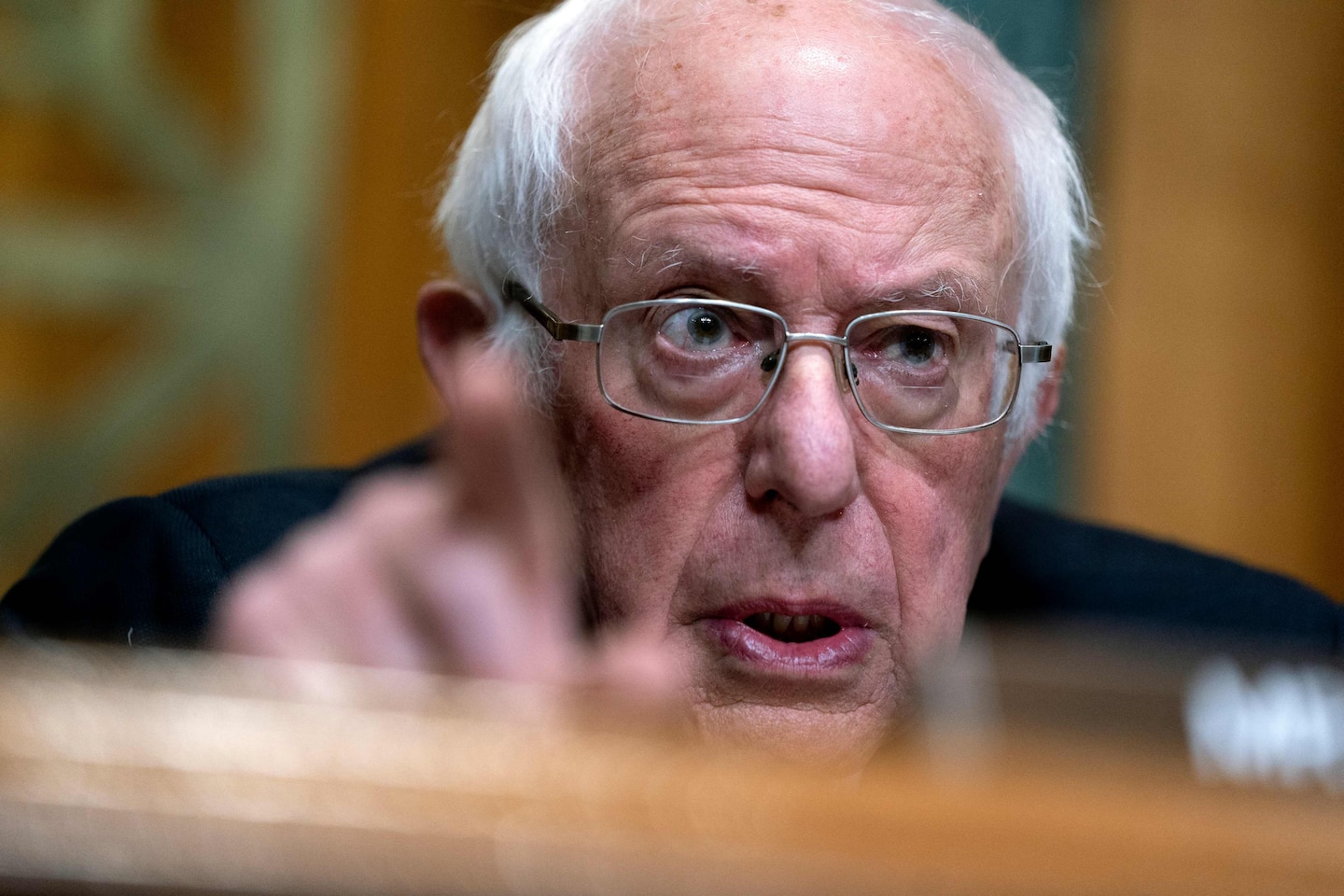Bernie Sanders wants you to know the high cost of our low minimum wage

The parliamentarian’s job is to offer nonpartisan guidance to members about the Senate’s often arcane rules and procedures. Her decisions are dry and bloodless; the hearing was anything but. Among those testifying: Terrence Wise, a father of three, and a “second-generation fast food worker.” Wise recalled stretches when his family was so broke they lived in their car. But right now, as a McDonald’s employee, he needs government help to pay for the basics. “I don’t want to go to the supermarket with my kids and pull out my benefit to pay for food. My check should pay for that.”
What would Wise do if his salary increased to $15 an hour? Nothing fancy. He said he’d buy his partner flowers. Right now, he can’t afford to buy flowers for Valentine’s Day.
Sanders held this hearing because he wants people to know that Wise and his family are not alone. All too many Americans work full-time, but are paid so little that they still need to rely on such government benefits as food stamps and Medicaid to get by. In his view, that amounts to corporate welfare. “Why should the taxpayers of our country,” Sanders said Thursday, “many of whom are struggling economically as a result of the pandemic, be subsidizing the starvation wages being paid at some of the largest and most profitable corporations in America?”
Last year, the Government Accountability Office — at Sanders’s behest — released a survey showing that Walmart employees were the largest group of employees using safety-net benefits in the 11 states it studied. McDonald’s came in second. Walmart paid its six highest-ranking executives $112 million in 2019. Earlier this month, the company announced it would increase its stock dividend and buy back $20 billion in company stock.
No one aspires to get by on government benefits, Sanders noted when I spoke with him before the hearing. “If you say to somebody, ‘Would you rather be working for a decent wage so that you can provide for your family? Or would you rather be working for a starvation wage and have to fill out government forms and get government help?,’ I think most people would say, ‘You know what, pay me a decent wage and I’ll take care of my family.’ ”
Sanders invited the chief executives of McDonald’s and Walmart to testify at the hearing and talk the issue out. Both turned the invitation down. Instead, we got to hear Sen. Lindsey O. Graham (R-S.C.) point out how hard small-business owners are working to stay afloat during the pandemic, and that raising the minimum wage is a burden they can’t afford.
Later, Sen. Mike Braun (R-Ind.) claimed, with a straight face: “This is a big discussion, we need to slow it down.” Once again, the federal minimum wage has been set at $7.25 for more than a decade. This discussion is plenty slow already.
But courtesy of arcane Senate rules, Braun is going to get his wish, at least for now. It’s not clear what comes next. The Biden administration could simply overrule or replace the parliamentarian — something Republicans have had no problem doing in the past — but has said it won’t do that. A stand-alone bill for a $15 minimum wage is unlikely to receive 60 votes, and is unlikely to survive a filibuster. Sanders says he will introduce an amendment to the current covid-19 legislation that will punish at tax time large corporations that don’t pay their employees at least $15 an hour.
Only one thing seems certain: Wise is going to need to wait to buy those flowers.
And that’s a tragedy, not just for his family, but for all of us. “You give low-wage workers a raise, we’re not going to invest it in beach front property or invest in a stock,” he testified on Thursday. “We’re going to invest in the economy.”
If only Congress would let them.
Read more:






